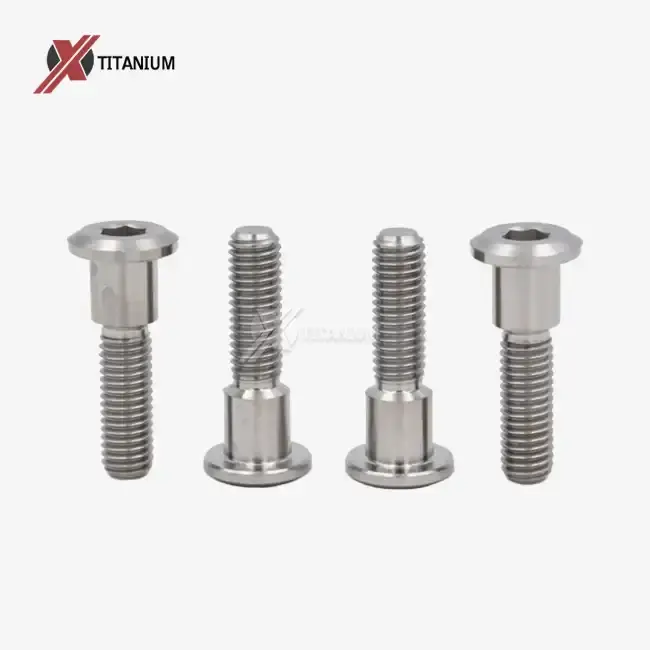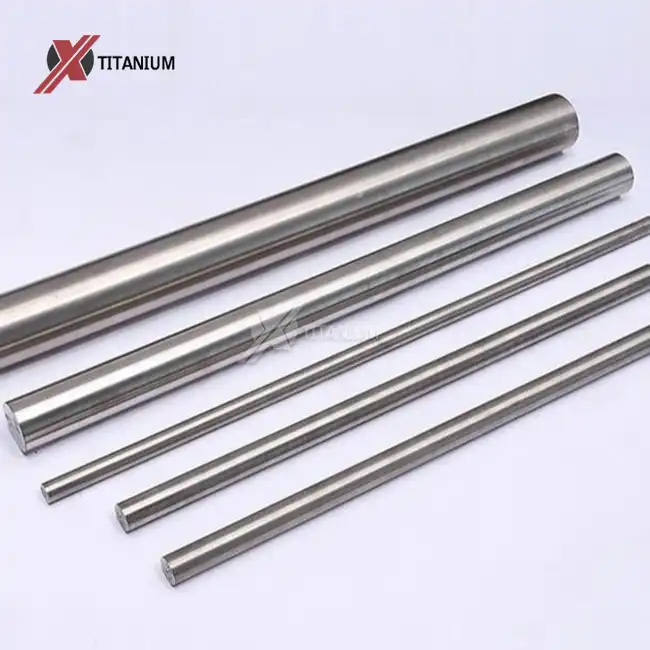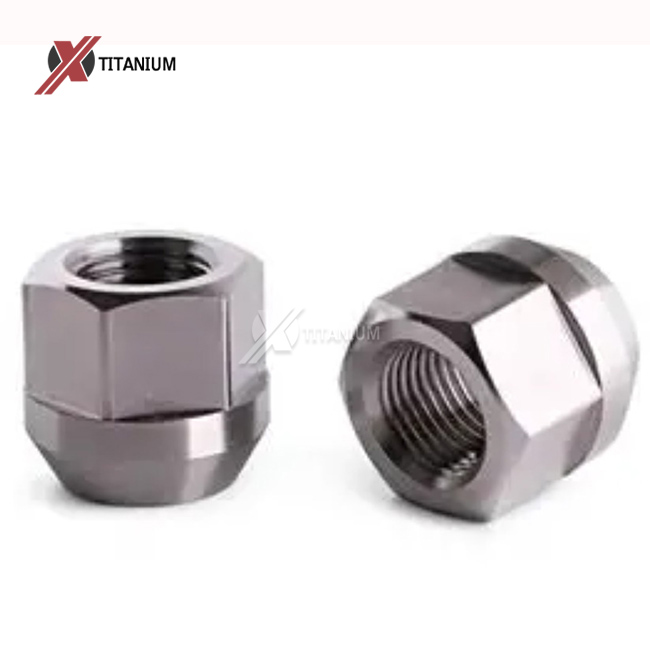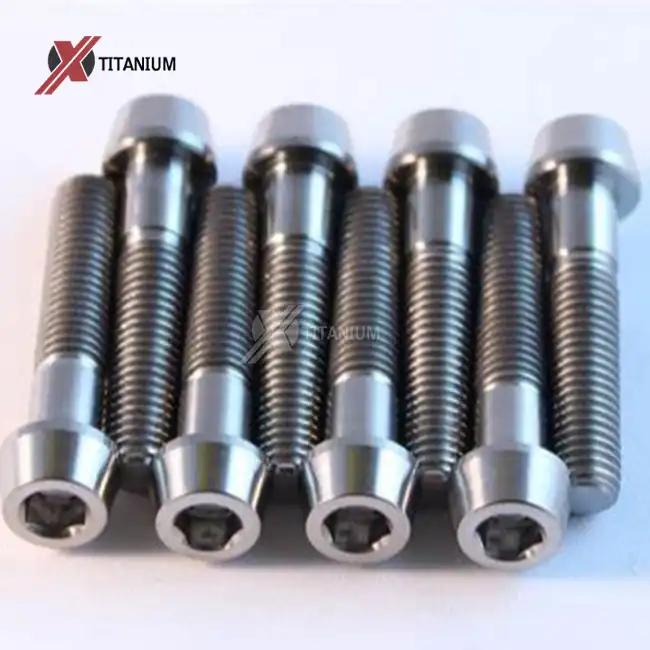- English
- French
- German
- Portuguese
- Spanish
- Russian
- Japanese
- Korean
- Arabic
- Greek
- German
- Turkish
- Italian
- Danish
- Romanian
- Indonesian
- Czech
- Afrikaans
- Swedish
- Polish
- Basque
- Catalan
- Esperanto
- Hindi
- Lao
- Albanian
- Amharic
- Armenian
- Azerbaijani
- Belarusian
- Bengali
- Bosnian
- Bulgarian
- Cebuano
- Chichewa
- Corsican
- Croatian
- Dutch
- Estonian
- Filipino
- Finnish
- Frisian
- Galician
- Georgian
- Gujarati
- Haitian
- Hausa
- Hawaiian
- Hebrew
- Hmong
- Hungarian
- Icelandic
- Igbo
- Javanese
- Kannada
- Kazakh
- Khmer
- Kurdish
- Kyrgyz
- Latin
- Latvian
- Lithuanian
- Luxembou..
- Macedonian
- Malagasy
- Malay
- Malayalam
- Maltese
- Maori
- Marathi
- Mongolian
- Burmese
- Nepali
- Norwegian
- Pashto
- Persian
- Punjabi
- Serbian
- Sesotho
- Sinhala
- Slovak
- Slovenian
- Somali
- Samoan
- Scots Gaelic
- Shona
- Sindhi
- Sundanese
- Swahili
- Tajik
- Tamil
- Telugu
- Thai
- Ukrainian
- Urdu
- Uzbek
- Vietnamese
- Welsh
- Xhosa
- Yiddish
- Yoruba
- Zulu
What Makes Titanium Shoulder Bolts Ideal for High-Performance Applications?
When it comes to high-performance applications, from aerospace engineering to automotive racing, the choice of fastening components is critical. One fastener that consistently rises to the top of the selection list is the titanium shoulder bolt. Known for its strength, durability, and resistance to extreme conditions, titanium is a material that engineers and manufacturers trust to ensure their designs not only meet but exceed performance expectations.
Titanium shoulder bolts, characterized by a cylindrical shoulder that supports rotation or alignment of parts, provide a unique combination of mechanical strength and lightness. But why exactly are they the go-to fasteners for industries that demand precision and reliability? Let’s delve deeper into the reasons behind their widespread adoption and explore the applications where they shine brightest.

How Do Titanium Shoulder Bolts Contribute to Weight Reduction in Aerospace Engineering?
In the aerospace industry, every component plays a vital role in determining the overall performance and efficiency of the aircraft. Weight is one of the most critical factors influencing fuel consumption, flight time, and load capacity. Titanium shoulder bolts are especially favored in this sector due to their exceptional strength-to-weight ratio. Titanium weighs about 45% less than steel but offers comparable or even superior strength, making it ideal for reducing the overall weight of an aircraft without compromising performance.
Titanium’s inherent corrosion resistance also makes it suitable for the harsh environments that aircraft are exposed to. Whether it's exposure to high altitudes, temperature fluctuations, or exposure to chemicals in engine and fuel systems, titanium shoulder bolts hold up where other fasteners might fail. This results in longer service life and reduced maintenance costs, both crucial elements in the aviation industry.
Furthermore, titanium shoulder bolts contribute to the overall fuel efficiency of aircraft. By reducing weight, these fasteners allow for optimized designs that increase the fuel-to-weight ratio, leading to more sustainable flight operations.
Why Are Titanium Shoulder Bolts Preferred for High-Vibration Environments?
The performance of fasteners in high-vibration environments is a critical factor in industries like automotive, motorsports, and heavy machinery. Vibration can cause traditional bolts to loosen, fail, or weaken over time. This is where titanium shoulder bolts excel, offering high resistance to vibration-induced failure.
Titanium’s ability to withstand cyclic stress and fatigue is a key factor in preventing loosening or shearing under dynamic conditions. Its high tensile strength and flexibility allow it to absorb vibration without succumbing to fatigue. This makes titanium shoulder bolts indispensable for motorsport engines, aerospace propulsion systems, and industrial equipment, where continuous high-frequency vibrations are part of normal operation.
In motorsports, for example, titanium shoulder bolts are frequently used in suspension systems, where components are subjected to repeated shock loads and vibrations. By maintaining their integrity under these conditions, titanium shoulder bolts ensure that crucial parts remain securely fastened throughout the race, enhancing both performance and safety.
What Are the Advantages of Using Titanium Shoulder Bolts in Medical and Surgical Equipment?
In the medical field, precision and reliability are non-negotiable. Titanium is the material of choice for medical implants and surgical instruments due to its biocompatibility, resistance to corrosion, and long-lasting performance in the human body. But why, specifically, are titanium shoulder bolts so important in the medical industry?
Titanium shoulder bolts are commonly used in surgical equipment, such as robotic arms, prosthetics, and orthopedic devices. Their biocompatibility ensures that they won’t cause adverse reactions when in contact with the body. Furthermore, their corrosion resistance guarantees that these components won’t degrade over time, which is essential in preventing infections or mechanical failures in implants.
Additionally, titanium’s strength ensures that shoulder bolts in these devices can withstand significant mechanical stresses, such as those encountered in weight-bearing joints. Whether used in a prosthetic limb, a surgical tool, or a medical device, titanium shoulder bolts provide the necessary precision and durability to enhance the overall performance and safety of medical equipment.
In robotics, titanium shoulder bolts are also widely used for high-precision joints and actuators. The ability of titanium to resist wear and fatigue is a critical factor in ensuring that medical robots maintain their performance over extended periods of use.
Conclusion: The Role of Titanium Shoulder Bolts in Advancing Engineering Applications
Titanium shoulder bolts have proven themselves as indispensable components in various high-performance industries. From aerospace to motorsports, medical devices to robotics, their ability to provide strength, reliability, and corrosion resistance in demanding environments makes them the preferred choice for engineers worldwide.
The strength-to-weight ratio of titanium allows for weight savings without compromising performance, which is a crucial factor in industries like aerospace. In high-vibration environments, titanium shoulder bolts maintain their integrity under stress, ensuring the safety and longevity of systems in motorsports, heavy machinery, and more. Additionally, the biocompatibility and corrosion resistance of titanium make shoulder bolts an ideal choice for medical applications, where reliability and safety are paramount.
As industries continue to evolve and the need for high-performance, durable, and lightweight components grows, titanium shoulder bolts will remain a staple in cutting-edge engineering solutions. Whether used in structural assemblies, mechanical systems, or medical devices, these fasteners continue to deliver exceptional performance, making them a smart investment for future-proofing critical applications.
References
-
Smith, J.R. (2021). "Advanced Materials in Aerospace: The Role of Pure Titanium". Journal of Aerospace Engineering, 45(3), 234–248.
-
Johnson, A.M. & Williams, P.K. (2020). "Biocompatibility of Titanium in Medical Implants: A Comprehensive Review". Biomaterials Science, 8(12), 3301–3320.
-
Chen, Y., et al. (2019). "Corrosion Behavior of Pure Titanium in Marine Environments". Corrosion Science, 152, 120–133.
-
Patel, R.N. & Thompson, L.E. (2022). "Manufacturing Processes for High-Quality Titanium Plates". Advanced Materials Processing, 180(5), 45–58.
-
Zhang, L., Kumar, D., & Fischer, G. (2023). "Wear Resistance and Performance Evaluation of Titanium Shoulder Bolts in Robotics". International Journal of Advanced Engineering Materials, 31(1), 76–94.
Learn about our latest products and discounts through SMS or email



_1747364744942.webp)